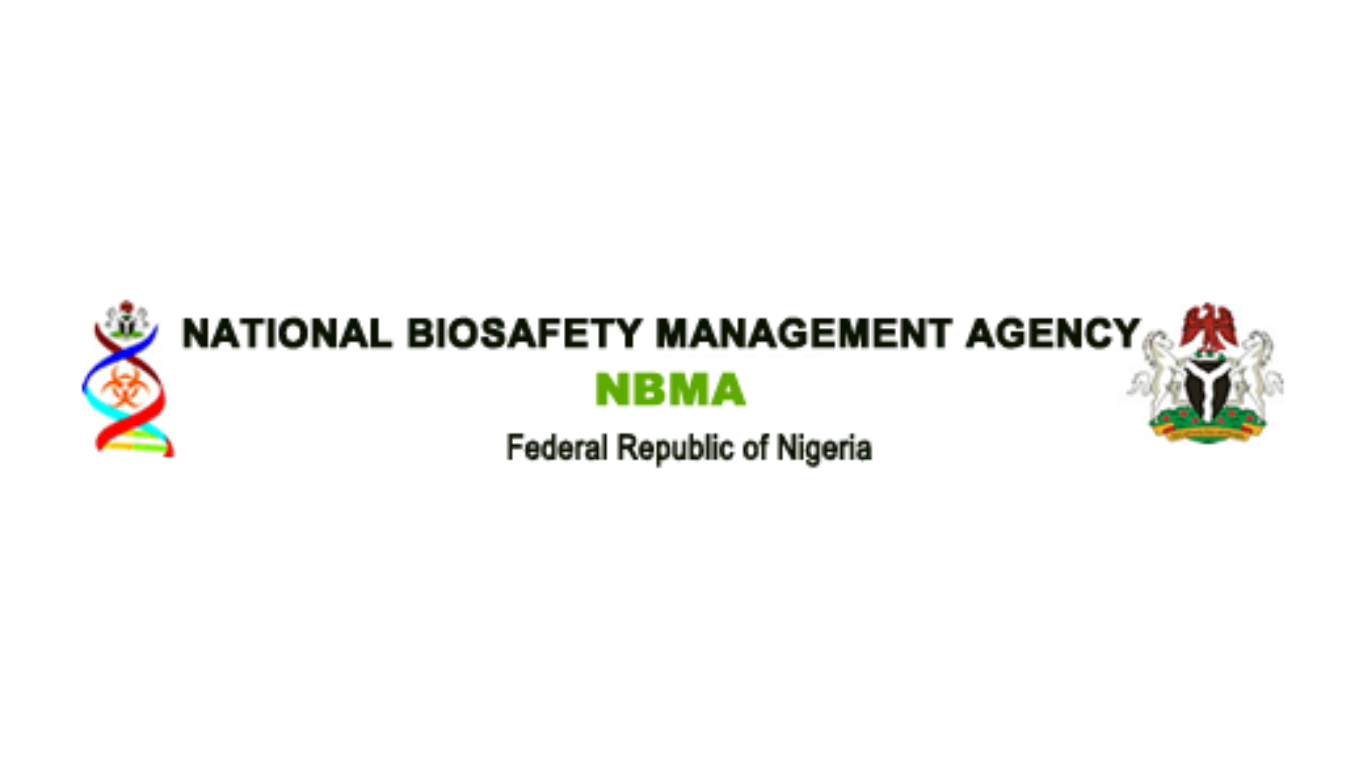
Nigeria’s GMO Regulatory Body, NBMA Violates FOI Requests Seeking Proof Of Risk Assessment Conducted For TELA Maise

The National Biosafety Management Agency (NBMA) has violated the Freedom of Information (FOI) Act by not responding to a request by West Africa Weekly. The request sought provision for proof of risk assessment and analysis conducted before the approval and commercialisation of the Genetically Modified Organisms (GMOs) seed variety named TELA maise.
The FOI Act of 2011 mandated that any public or private institution utilising public funds for public functions and related matters shall keep appropriate records and ensure it is made available seven days after an applicant requests to access them, including individual or media bodies, for a limited fee.
With this stance, West Africa Weekly wrote NBMA on Monday, June 24, 2024, to provide substantial evidence pointing to any risk analysis or assessment conducted for the agency to conclude TELA maise was safe for planting and human consumption.
The FOI request became necessary following the call for food security, the growing public debate and concerns surrounding the dangers GMOs pose in Nigeria’s agricultural and health sector and the nation’s food sovereignty.
With the growing public concerns, several government reports have been released, stating that the GMO-related TELA maise is safe for human consumption without any proof backing the claims.
This has called for transparency and accountability among Nigerians, most of which stemmed from negative but valid stories about GMO health implications worldwide.
Also, recall that West Africa Weekly reported the claims made by the Director of the National Biotechnology Research and Development Agency (NBRDA), Ms Rose Gidado, who highlighted GMO as an edible vaccine in her presentation to the Centre for 21st Century Issues.
Meanwhile, the federal government has approved and released the Bill and Melinda Gates-funded TELA maise seeds for planting, commercialisation and consumption in Nigeria’s porous staple foods market.
Read more: Sabalenka Withdraws from Wimbledon Due to Shoulder Injury
About The Author
Mayowa Durosinmi
author
M. Durosinmi is a West Africa Weekly investigative reporter covering Politics, Human Rights, Health, and Security in West Africa and the Sahel Region
Mayowa Durosinmi
M. Durosinmi is a West Africa Weekly investigative reporter covering Politics, Human Rights, Health, and Security in West Africa and the Sahel Region
Related Articles
Zimbabwe Rejects $350m US Health Deal Over Sovereignty Dispute
Zimbabwe has formally withdrawn from negotiations on a proposed $350 million health...
ByWest Africa WeeklyFebruary 25, 2026Gabon Suspends Social Media “Until Further Notice” Amid Rising Unrest
Gabon’s media regulator has announced the suspension of social media platforms nationwide,...
ByWest Africa WeeklyFebruary 18, 2026Tinubu Spends $9M on Lobbyists While Nigerians Die from Starved Health System — Less Than ₦36M Released from ₦218B Budget
As Nigeria’s healthcare system continues to strain under chronic underinvestment, fresh disclosures...
ByWest Africa WeeklyFebruary 12, 2026Ifunanya’s Death and the Price Nigerians Pay for a Broken Health Sector
The sudden death of fast-rising Nigerian singer Ifunanya following a snakebite in...
ByWest Africa WeeklyFebruary 2, 2026











